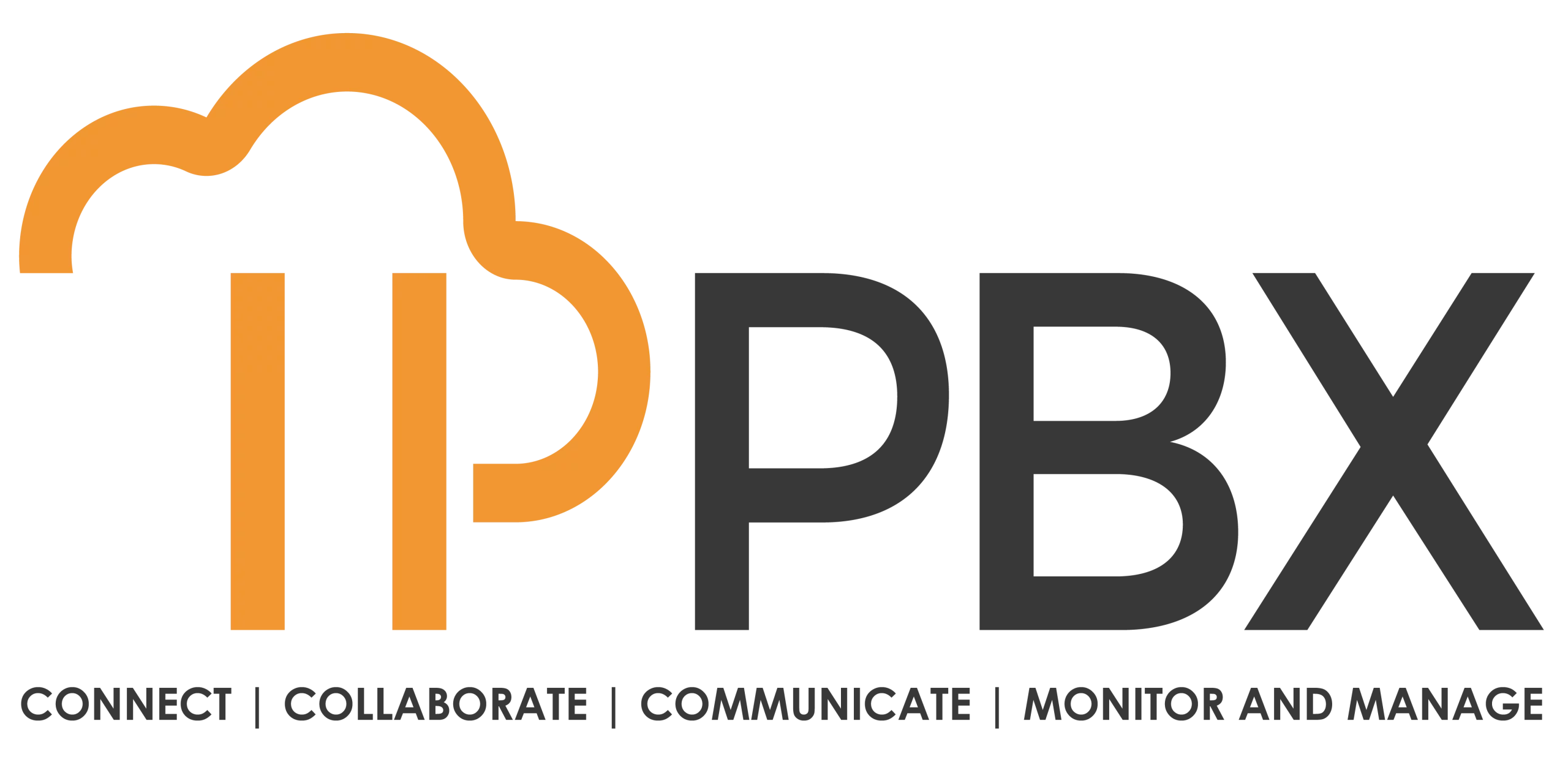In the healthcare industry, effective communication is essential for patient satisfaction, operational efficiency, and overall practice success. As healthcare providers face increasing demands from patients and regulatory requirements, many are turning to medical call center services to enhance their operations. However, one size does not fit all. Customizing these services to meet the unique needs of a medical practice is critical for maximizing their effectiveness. This article explores how medical call center services can be tailored to specific practice requirements and the benefits of doing so.
Understanding Medical Call Center Services
What Are Medical Call Center Services?
Medical call center services encompass a range of support functions designed to assist healthcare providers in managing patient communications. These services can include appointment scheduling, patient triage, prescription refills, and answering general inquiries. By outsourcing these functions to specialized call centers, healthcare providers can focus on delivering quality care while ensuring that patient interactions are handled efficiently.
The Importance of Customization
Every medical practice has its own unique set of challenges, specialties, and patient demographics. As such, the call center solutions that work for one practice may not be suitable for another. Customizing medical call center services allows practices to:
- Address specific patient needs
- Improve operational efficiency
- Enhance patient satisfaction
- Streamline workflows
Key Areas for Customization
1. Service Offerings
Different medical practices require different services based on their specialties and patient needs. For instance, a primary care clinic may need appointment scheduling and general inquiries handled, while a specialty practice, such as a cardiology clinic, may require more complex services like patient triage and follow-up calls for monitoring health conditions.
- Appointment Scheduling: Customize this service based on the practice’s unique scheduling software and patient flow.
- Triage Services: Implement customized protocols for assessing patient needs based on the specific medical specialties and conditions treated.
- Follow-Up Calls: Tailor follow-up procedures to ensure that patients receive the necessary post-visit care instructions.
2. Staff Training
Training is crucial for ensuring that call center agents can effectively communicate with patients and understand the nuances of the practice. Customizing training programs to incorporate the specific protocols, terminology, and services offered by the practice can significantly enhance the quality of patient interactions.
- Medical Terminology: Provide training focused on the specific medical terminology relevant to the practice.
- Emergency Protocols: Ensure agents are trained to handle urgent calls appropriately, especially in practices dealing with critical care or urgent care.
- Customer Service Skills: Tailor training to focus on the unique needs of the patient demographic, enhancing empathy and understanding.
3. Technology Integration
Integrating the call center with the practice’s existing technology infrastructure is vital for seamless operations. Customizing the technology used in medical call center services can lead to better data management and improved patient interactions.
- Electronic Health Records (EHR): Ensure that call center agents have access to the practice’s EHR systems to verify patient information quickly and accurately.
- Appointment Management Systems: Customize integration with scheduling software to streamline appointment bookings and cancellations.
- Patient Communication Platforms: Utilize platforms that allow for SMS reminders, follow-up messages, and telehealth consultations, ensuring that communication is consistent and convenient for patients.
4. Performance Metrics
Measuring the effectiveness of medical call center services is essential for continuous improvement. Customizing performance metrics to align with the practice’s goals can help identify areas for enhancement.
- Patient Satisfaction Scores: Develop customized surveys to assess patient satisfaction with call center interactions and overall service quality.
- Call Resolution Rates: Track how effectively agents resolve patient inquiries on the first call to improve efficiency.
- Average Response Times: Monitor response times for incoming calls, ensuring that patient wait times are minimized.
Benefits of Customizing Medical Call Center Services
1. Improved Patient Experience
Customizing medical call center services directly enhances the patient experience. When agents are trained to understand the specific needs of the practice, they can deliver more personalized and effective service. This leads to higher patient satisfaction rates and fosters loyalty.
2. Increased Operational Efficiency
By tailoring call center services to fit the unique workflows of the practice, operational efficiency can be significantly improved. Customized processes help streamline communication, minimize disruptions, and ensure that patient interactions are handled swiftly and accurately.
3. Better Resource Allocation
Outsourcing to a customized medical call center allows healthcare providers to allocate their internal resources more effectively. Staff can focus on patient care and other critical tasks, while the call center manages patient communications. This leads to a more efficient use of time and resources.
4. Enhanced Compliance and Security
The healthcare industry is heavily regulated, and compliance with laws such as HIPAA is essential. Customizing medical call center services ensures that the protocols and procedures align with legal requirements, minimizing the risk of violations and ensuring patient confidentiality.
5. Scalability
As a practice grows, its communication needs may change. Customized medical call center services can be scaled to accommodate increased patient volumes, new service offerings, or expanded hours of operation. This adaptability ensures that the practice remains responsive to changing demands.
Conclusion
Incorporating medical call center services into a healthcare practice can significantly enhance communication, improve patient satisfaction, and streamline operations. However, the key to maximizing these benefits lies in customization. By tailoring service offerings, training, technology integration, and performance metrics to meet the unique needs of the practice, healthcare providers can create a patient interaction experience that is efficient, effective, and satisfying. As the healthcare landscape continues to evolve, investing in customized call center solutions will be essential for staying competitive and delivering exceptional patient care.

